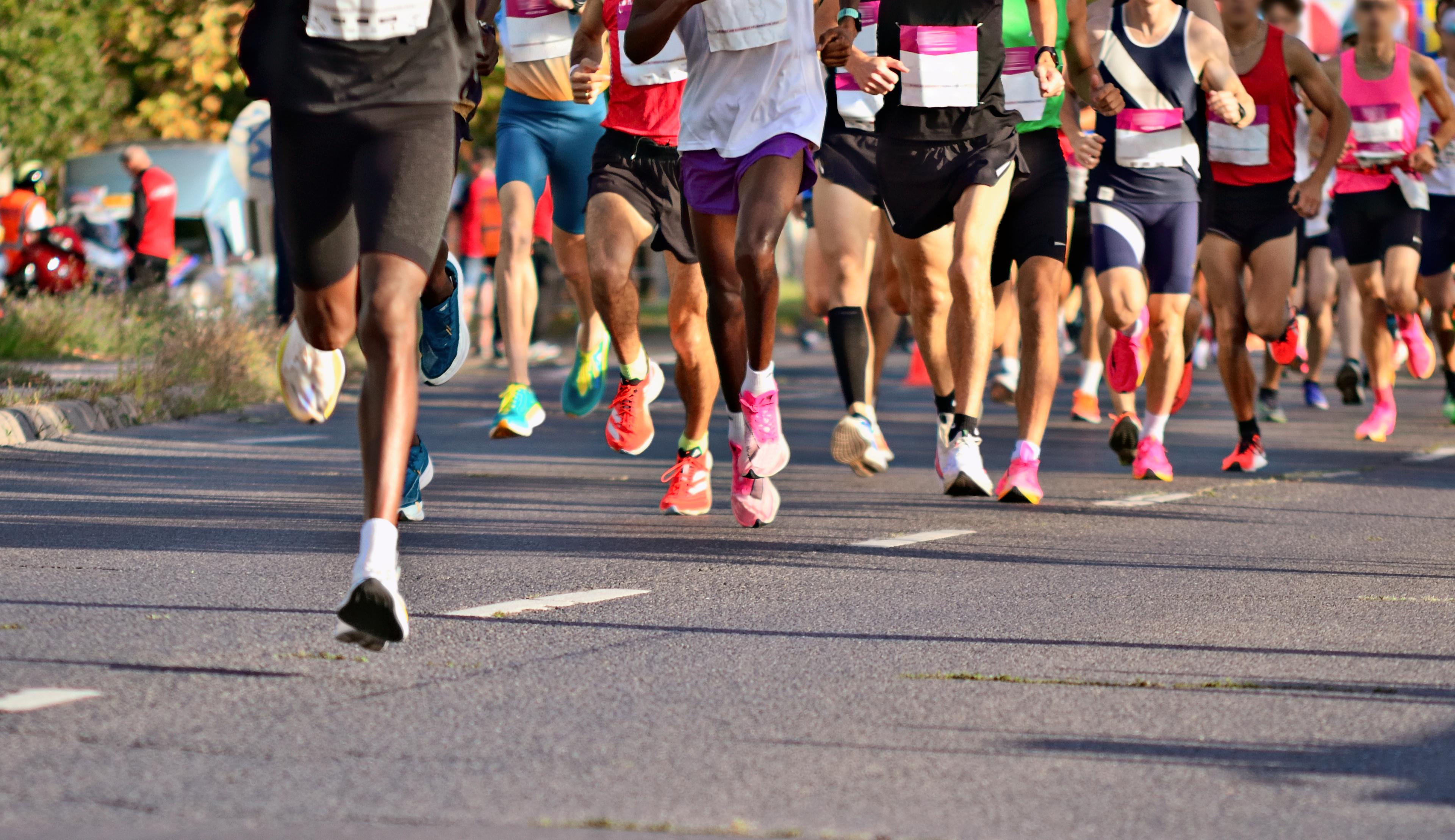Does Running Destroy Your Knees?
A Healthier Michigan
| 3 min read

It is true that running puts more force onto your knee joints than walking, standing, or most other physical activities. For a long time, the general sentiment among runners and even some doctors, according to a study in the Journal of Orthopedic and Sports Physical Therapy, was that long-distance running, especially long-term and regular running, would predispose runners to arthritis or joint issues as they age. However, there are studies that challenge this long-held belief.
What running does to knees
Recent studies of runners with varying running habits and distance ran showed that there was little correlation with running duration or frequency and increased risk for knee or hip arthritis.
It seems there may even be evidence that distance running as a habit or hobby might even help keep joints healthier longer.
Suggestions for knee pain
According to the Mayo Clinic, warning signs or symptoms that come along with knee pain include stiffness, swelling, redness and warmth, popping or crunching noises or sensations and weakness and inability to use the joint properly. If you can’t extend your knee, bear weight on it, it is swelling or you can see something visibly wrong with your knee, see a doctor right away.
Supports, braces, wraps and salves and simple rest and recovery time are ways to manage discomfort or soreness but are not solutions for chronic knee pain.
What does knee pain mean?
An injury or inflammatory condition is not always diagnosable from only the symptoms of pain. If you have knee pain, it’s important to see your care team. Some common knee injuries to be aware of that occur in sports, running and from overuse or lack of preparation include:
ACL and MCL injuries
These are the Anterior Cruciate Ligament and the Medial Collateral Ligament in your knee, both of which are commonplaces for tears, sprains and sports injuries.
Meniscus injuries
The meniscus is the pillow of tissue that cushions between the bones of the knee joint. It can be torn or damaged with improper twisting or torquing to the knee.
Patellar tendinitis
The tendons that connect your muscles to the bones in your knee joint can become inflamed and irritated, often caused by an initial injury that then becomes more and more irritated.
Bursitis
Knee bursitis is a condition in which the bursae within the knee become inflamed. Bursae are small sacs of liquid that help to cushion and lubricate the knee joint as it moves. When inflamed, they cause the knee joint to feel tender, warm and painful.
Knee fractures
These are usually some of the more obvious knee injuries due to their nature. Knee fractures can happen during sports, falls, accidents and because of osteoporosis or brittle bones.
While running in and of itself was not shown to cause increased rates of arthritis in runners, having joint injuries or knee injuries may contribute to a higher likelihood of arthritis developing in that joint, or can even cause posttraumatic arthritis, directly caused by that joint trauma, according to the American Academy of Orthopedic Surgeons.
Ideas for healthy and sustainable running
To help reduce the likelihood of running injuries to the knee, make sure you are stretched, warmed up, hydrated and comfortable before your run.
Injuries are more common when you are not prepared for the run you are about to take. Some pre-run stretching ideas to alleviate arthritis from the Arthritis Foundation include lunging, high-stepping and heel-to-toe walking.
Make sure to give yourself time to rest and recover between runs. Don’t overdo it, especially if you are distance training.
It’s important to make sure you have proper running gait, techniques and habits as well. Read more about easy ways to improve your running for or walking form here.
Interested in Running? Learn more:





